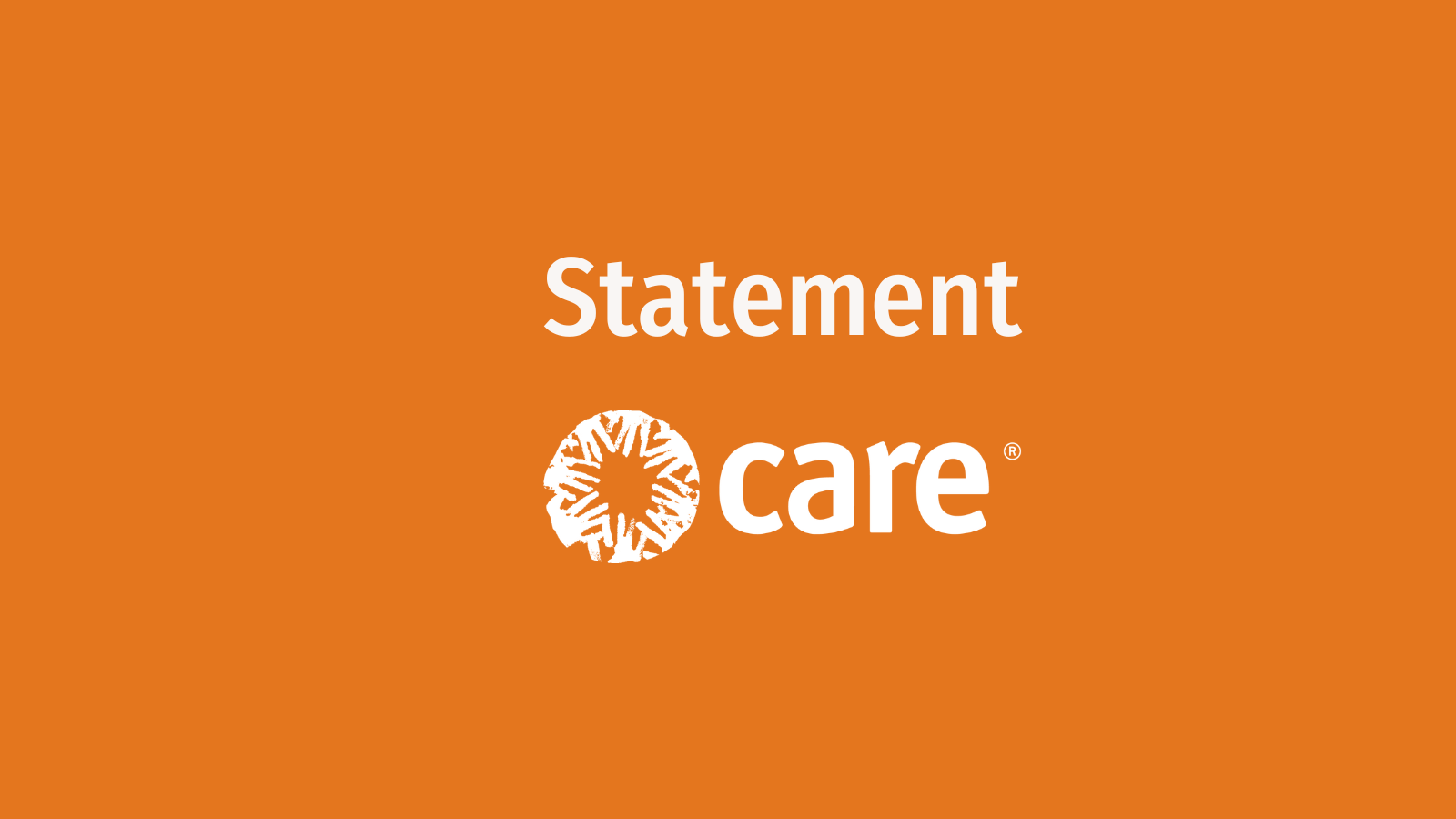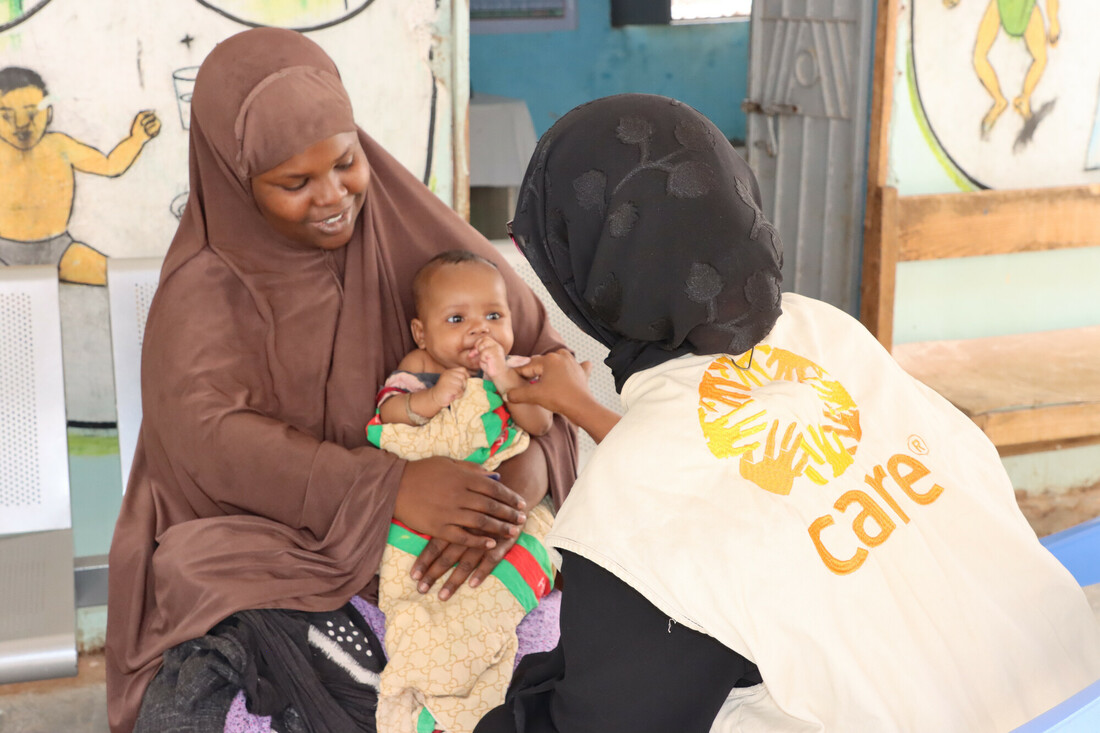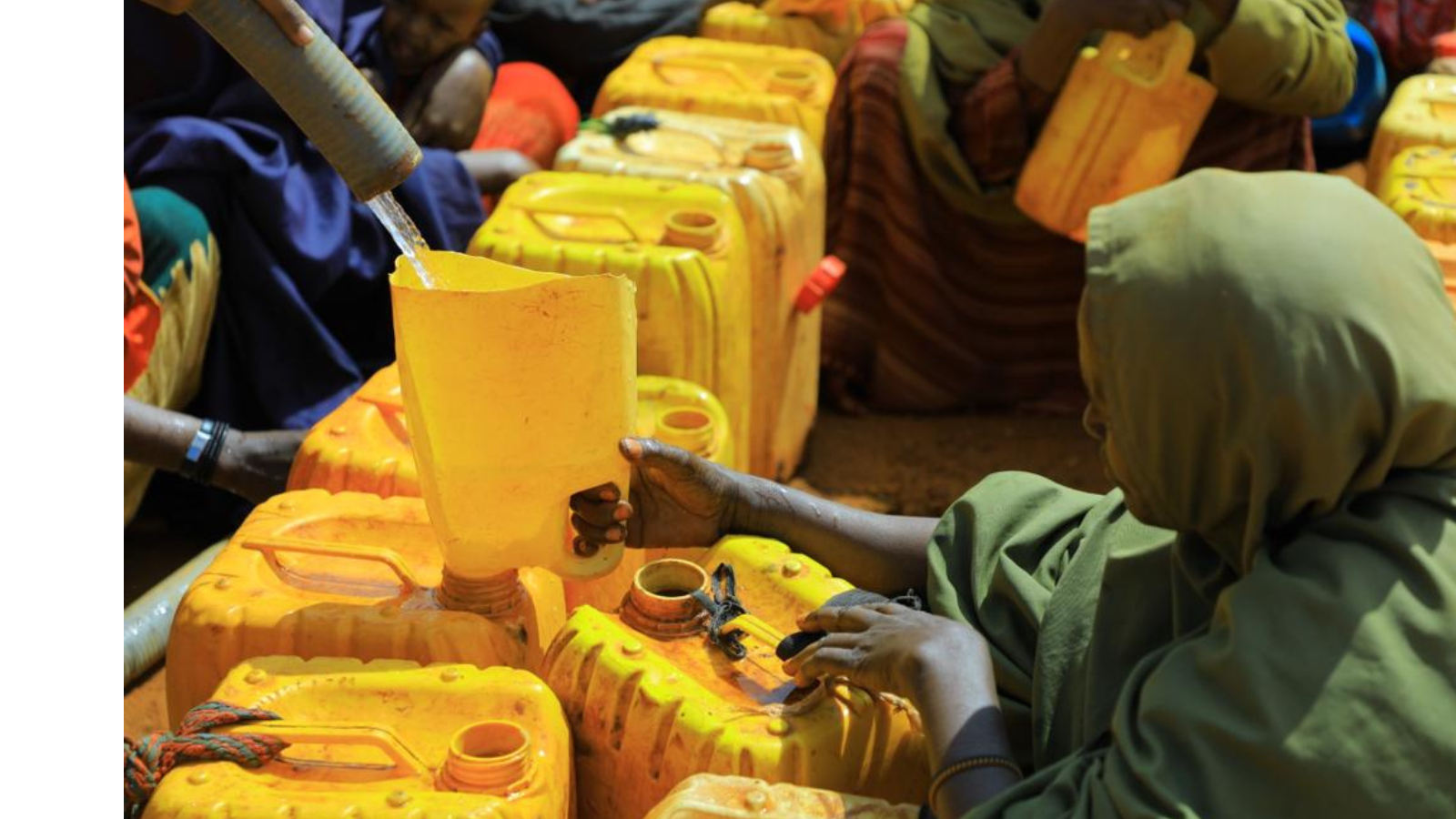
Climate Change, Conflict, and Rising Costs Fuel Somalia's Humanitarian Crisis
Millions of Somalis are on the brink of starvation as hunger across Somalia intensifies.

 Africa - East and Central
Africa - East and Central
Somalia is on the United Nations’ least developed countries list. CARE International works in the northern regions of Puntland and Somaliland, focusing on reducing the impact of emergency on vulnerable communities and promote organizational learning.
CARE International has been working in Somalia since 1981. Our programs have included projects in water and sanitation, sustainable pastoralist activities, civil society and media development, small-scale enterprise development, primary school education, teacher training, adult literacy, and vocational training. We work in partnership with Somali and international aid agencies, civil society leaders, and local authorities.
CARE Somalia works in the northern regions of Puntland and Somaliland.
In Somalia, CARE International’s work focuses on:
Somalia is currently facing the triple shocks of COVID-19, desert locus infestation, and the effect of 2019-2020 floods, some of which were caused by the Gati cyclone in November 2020. This combination of crises has destroyed crops and resulted in food insecurity. In response, CARE Somalia is reaching people through food security, nutrition, health, WASH, protection, and education services.

Millions of Somalis are on the brink of starvation as hunger across Somalia intensifies.

Millions of Somalis are on the brink of starvation as hunger across Somalia intensifies. “The worsening hunger crisis in Somalia will have devastating consequences for women and girls," says Ummy Dubow, CARE Somalia Country Director.

Prolonged rainfall and flash floods across Somalia have caused a severe surge in cholera cases, affecting displaced women and children the hardest.

The Somali Girls’ Education Promotion Programme – Transition (SOMGEP-T) sought to improve learning outcomes and positive transitions for more than 50,000 children in school, and over 5,000 out-of-school girls living in remote and rural areas.
CARE International joined the other members of the Inter-Agency Standing Committee to call for immediate action on the looming hunger crisis in Somalia
This RGA aimed to gather gender-related information especially gender roles, responsibilities, barriers, misconceptions, social norms, policies, and support systems available for survivors of Gender-Based Violence.
We are facing the largest humanitarian crisis since World War II. If the world doesn’t act, the health and lives of millions of people in South Sudan, Somalia, Yemen, and Nigeria continue to be in danger.
In FY2024, CARE worked around the world, contributing to saving lives, fighting poverty, and increasing social justice.